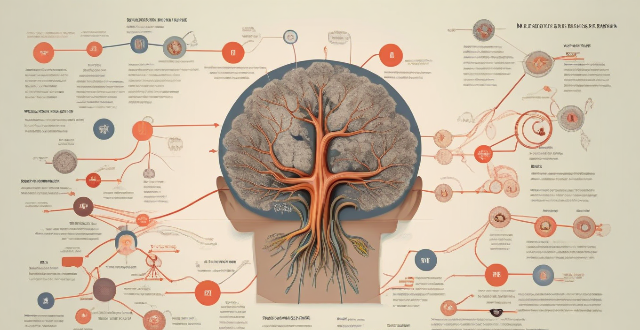Normal nervousness is a natural response to stress, while excessive test anxiety can have negative effects on performance and well-being. Signs of excess test anxiety include excessive worry, avoidance behavior, physical symptoms, negative self-talk, and behavioral changes. Seeking help from a trusted source can provide guidance and support to manage anxiety and improve performance.

How can I distinguish between normal nervousness and excessive test anxiety?
1. Understanding the Differences
Normal nervousness is a natural response to an upcoming event or situation that may be perceived as stressful. It is characterized by physical symptoms such as increased heart rate, sweating, and trembling. On the other hand, excessive test anxiety is a more intense form of anxiety that can have negative effects on performance and well-being. It is characterized by persistent worry, fear, and self-doubt that can lead to physical symptoms such as nausea, headaches, and muscle tension.
2. Identifying Signs of Excess Test Anxiety
Excess test anxiety often manifests in different ways than normal nervousness. Here are some signs to look out for:
1. *Excessive Worry*: You spend hours thinking about the exam and what could go wrong. This type of thinking can be very distracting and prevent you from focusing on the task at hand.
2. *Avoidance Behavior*: You may try to avoid studying for the exam altogether or procrastinate until the last minute. This behavior can lead to poor preparation and decreased confidence in your abilities.
3. *Physical Symptoms*: You experience physical symptoms such as nausea, headaches, or muscle tension that are not related to any other medical condition. These symptoms can make it difficult to focus on the exam and perform at your best.
4. *Negative Self-Talk*: You engage in negative self-talk such as "I'm not good enough" or "I'll fail this exam no matter what I do." This type of thinking can lower your confidence and affect your performance on the exam.
5. *Behavioral Changes*: You may exhibit behavioral changes such as pacing back and forth, tapping fingers, or biting nails during the exam. These behaviors can be distracting and reduce your ability to concentrate on the task at hand.
3. Seeking Help When Needed
If you suspect that you have excessive test anxiety, don't hesitate to seek help from a trusted source such as a teacher, counselor, or mental health professional. They can provide guidance and support to help you manage your anxiety and improve your performance on exams.